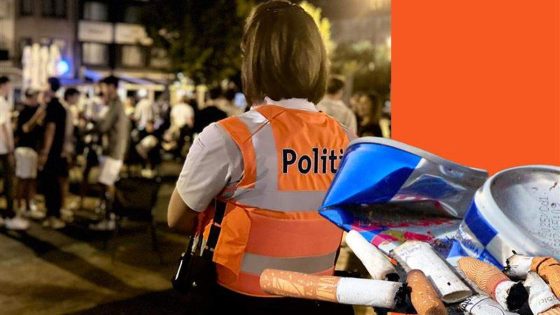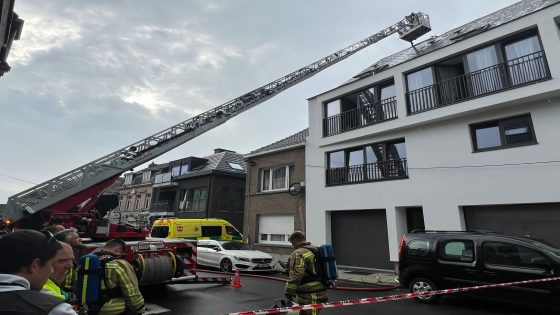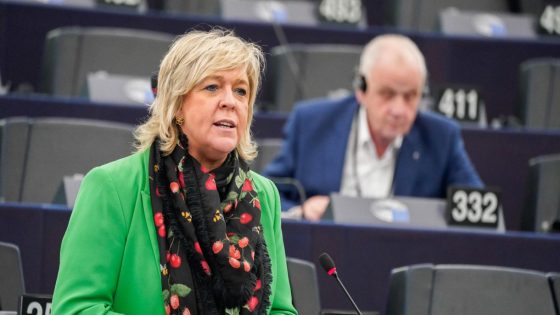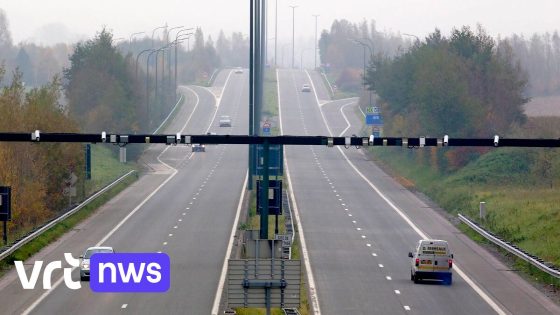Systematic identity checks are becoming a hot topic in Belgian municipalities, especially with growing concerns over youth disturbances. Sint-Gillis-Waas, a town in East Flanders near the Dutch border, recently announced such measures to tackle summer nuisances like vandalism, noise, and drug use. As of 2025-07-09 12:54:00, Mayor Koen Daniëls (N-VA) has authorised police to conduct identity checks without the usual need for suspicion, aiming to curb these issues during the holiday period.
- Sint-Gillis-Waas voert systematische identiteitscontroles in
- Overlast door hangjongeren veroorzaakt zorgen
- Comité P waarschuwt voor negatieve politie-relaties
- Criminologe De Kimpe pleit voor diepere aanpak
- VVSG benadrukt tijdelijke maatregel en beleidsoplossingen
- Sommige gemeenten hanteren samenscholingsverbod tegen overlast
But is this approach the right way to handle youth-related public order problems? Several other smaller towns, including Malle, Temse, Halle, and Wetteren, have also adopted similar strategies. Some places, like Dendermonde and Tienen, have even imposed restrictions on group gatherings to prevent escalation. This raises the question: do systematic identity controls effectively reduce nuisance, or do they risk alienating young people and shifting problems elsewhere?
Understanding the local debate on these measures is essential for residents and policymakers alike. Here’s a closer look at the implications and reactions surrounding systematic identity controls in Belgian municipalities.
Are systematic identity checks a necessary tool or a short-sighted fix? Critics argue that while these controls may offer immediate relief, they risk damaging trust between youth and police. Key considerations include:
- They provide police with quick identification but may provoke resentment among young people.
- Such measures might displace troublemakers to neighbouring areas rather than solve root causes.
- Experts suggest investing in community engagement and youth programs as long-term solutions.
- The approach requires careful balancing to avoid escalating tensions and complaints.
Looking ahead, Belgian communities must ask: how can they maintain public order while fostering positive relations with young residents? Sustainable policies that combine enforcement with social support could be the key to lasting peace and safety.
































